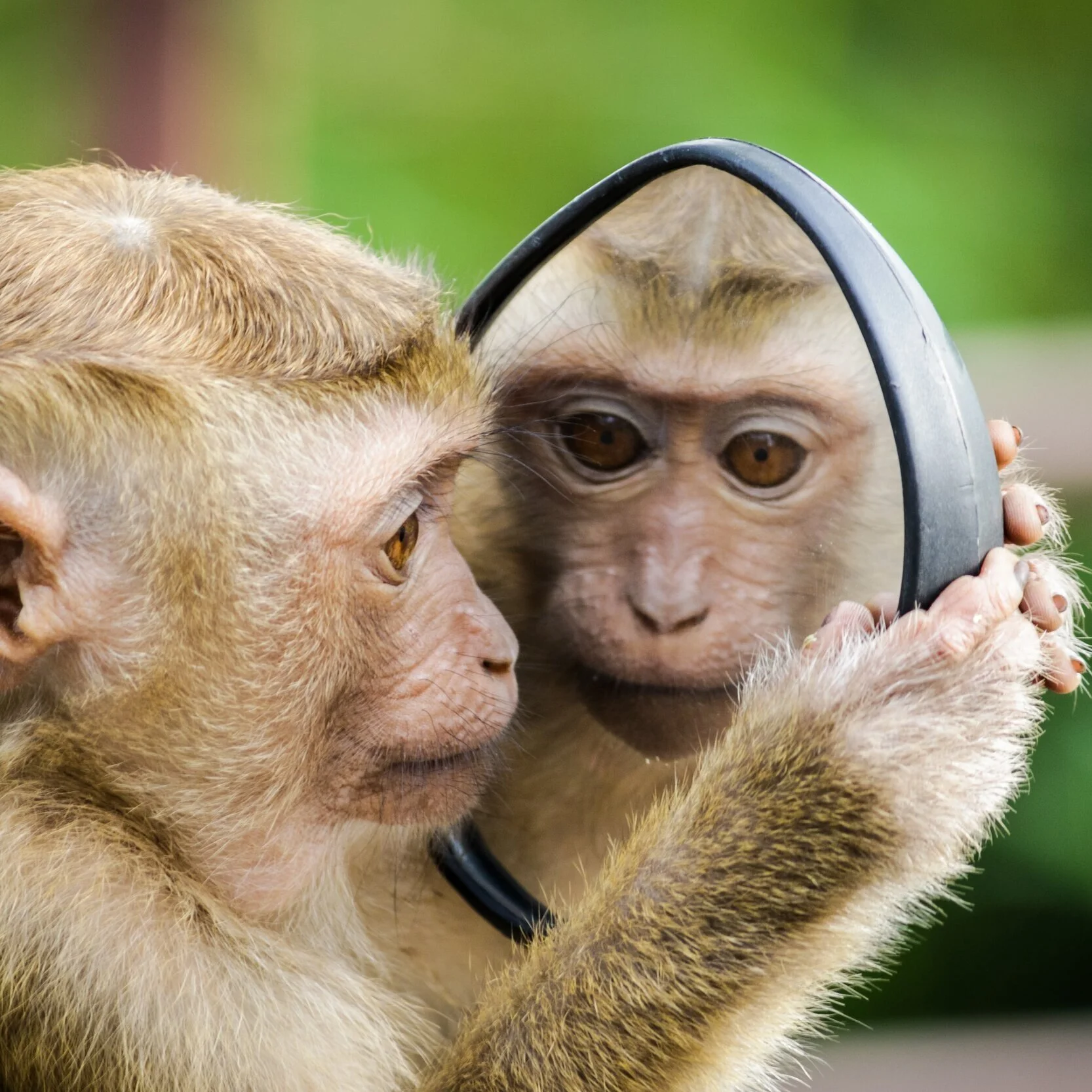Cry if you want to
I’ve cried at least once every day since the coronavirus came into my life. And the same is true for many of my friends.
Whether you let loose the flood channels, or just walk around all day with a lump in your throat, I bet you’re feeling it too. But trust me, this is totally manageable.
Before I began crying every day, I was watching the scary news from a distance. Not truly feeling the enormity of what was happening to faraway people. The way my head knows there are invisible wars and devastating famine across the globe, but my heart doesn’t break—at least not every day—about those things.
But if you’re not a crier, don’t worry. I’m not here to judge.
As a kid, I was labeled overly sensitive. And by third grade, my teacher Mrs. Klayman thought it was time I outgrew my weakness. She had a spot-on cry-dar, and she knew, sometimes even before I did, that I’d been triggered.
Here come the waterworks! she would chirp in front of the class. I’d bite my lip, well up with tears, and lose it. I couldn’t look, but I imagine the other kids laughed.
Decades later, I cry freely. When I wake up alone in my tent to birdsong. When I recite a beautiful passage across the couch to no one. When I think about growing old.
Are coronavirus tears any different? And what purpose do they serve?
A good cry is self-soothing. When things go to shit, or even just threaten to, we may be terrified. Even our best Stoic selves feel fear. When we cry, we can recalibrate our mood—from freaked out to merely worried. And that reduces stress.
Releasing emotion is cathartic. I think of tear ducts as tiny safety-release valves that open and discharge fluid at just the right time. Rather than explode, we let loose some tears. The pressure inside us drops. We’re relieved, purified, able to continue the day.
Tears are communication. When we cry in public or one-on-one, we’re letting other people know that we’re afraid, or in distress, or maybe just bursting with love. We are expressing—more urgently than we can with words—our need for comfort or support. Ideally, our vulnerability becomes a point of connection.
If you’re still with me, know that I’m weeping as I seek just the right words.
I guess I want to say this: I’m more worried about the world than I am about myself. And that means I’m worried about you.
So stay home. And let loose the waterworks.
Even if you have to cry alone.






